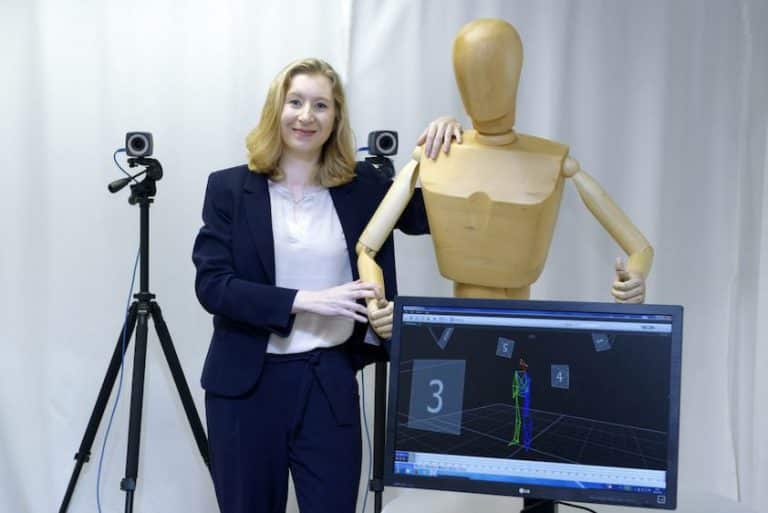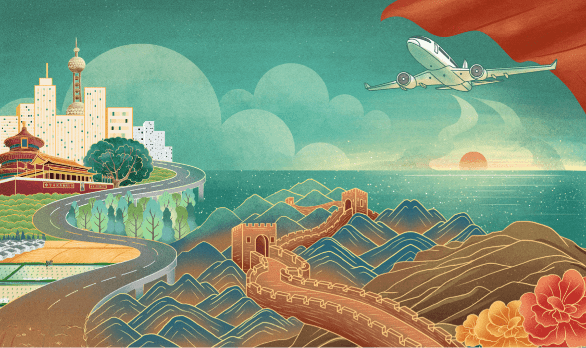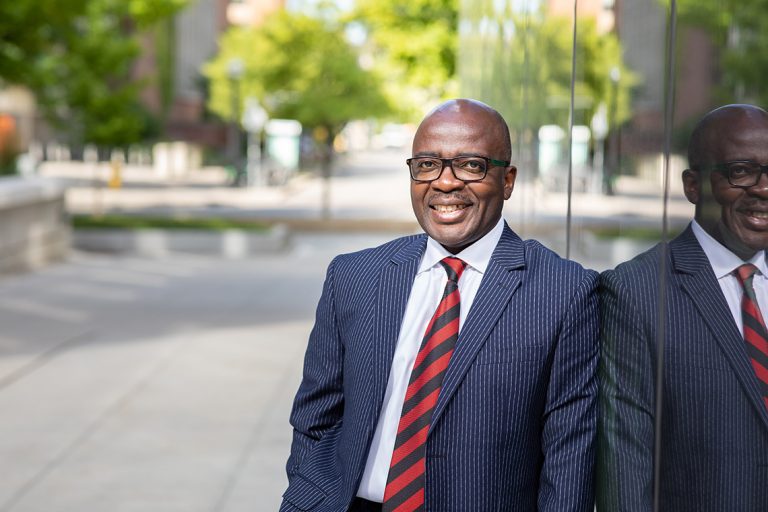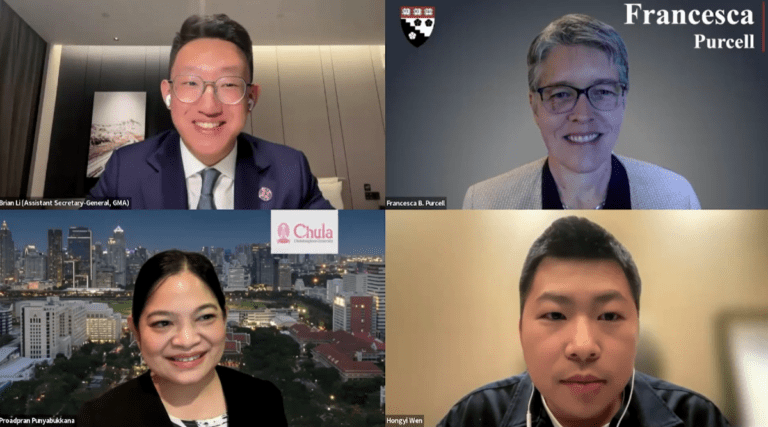On June 2, Tsinghua University Center for Faculty Development hosted an exciting panel discussion on “The New Age of AI and Education — A Study into the Teaching Enhancements Made Possible by GPT-Like AI Technologies” with scholars and practitioners across the university, moderated by Wang Xiaoxiao, Director of the Tsinghua University Online Education Center and the Secretary-General of the Global MOOC and Online Education Alliance. The in-person event registration reached maximum capacity within hours of release and was attended by more than 50 faculty members from various schools and departments. During the event, they discussed the opportunities and challenges presented by the new type of AI in higher education and reflected on the practical paths and development direction of the industry. This series of articles aims to summarize the key points made by the guest speakers, as well as additional contributions from Enoch Wong, host of the ongoing Online Education Dialogue 2023: “Navigating AI-Driven Digital Transformation in Higher Education.”
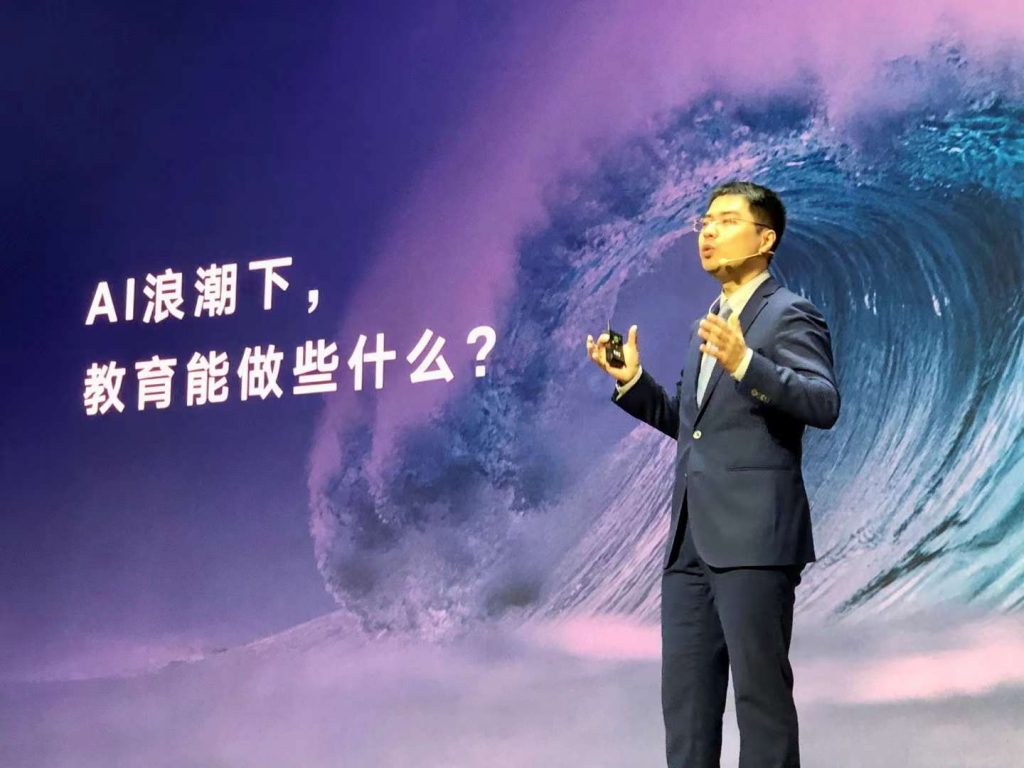
Wang Shuaiguo, who is a Board Member of the Global MOOC and Online Education Alliance, CEO of XuetangX (MOOC platform), and Founder of Rain Classroom (an innovative blended learning tool), delves into the intriguing interplay between artificial intelligence (AI), particularly large-scale generative models like ChatGPT, and the future of higher education. The dialogue propels us to grapple with the pressing issues concerning the role of AI in higher education and how it will sculpt the contours of blended learning and teaching dynamics in the foreseeable future.
Future of blended learning = online + offline + AI
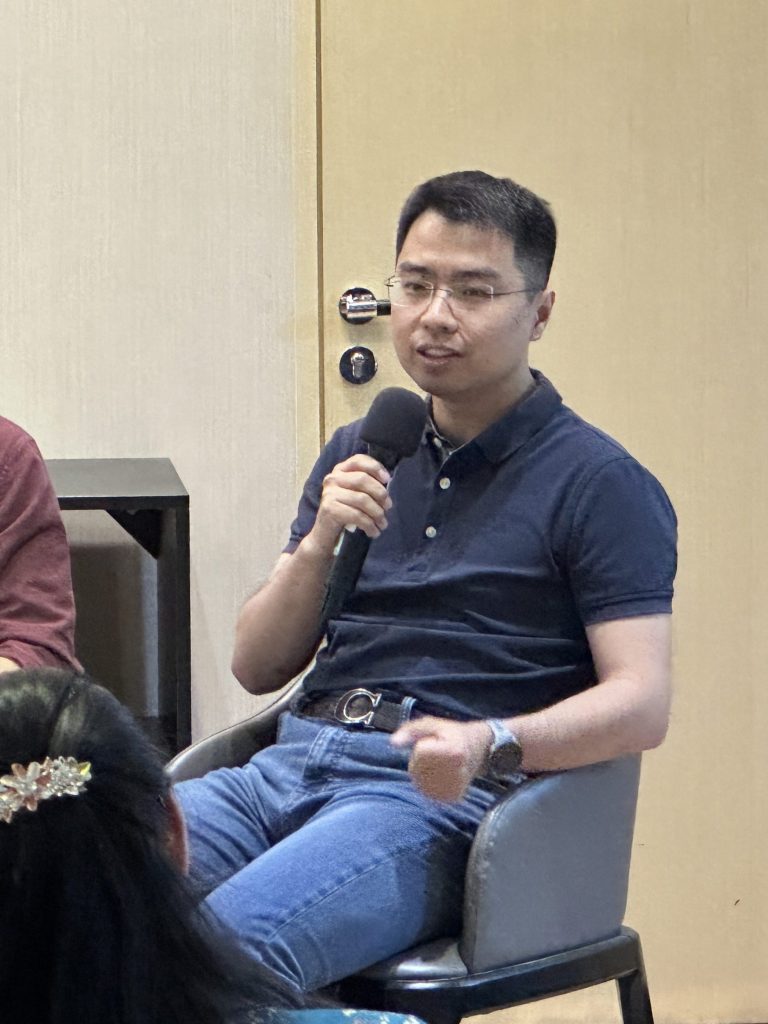
In the throes of AI’s rise, education finds itself standing at a precipice. Wang’s analysis illuminates how generative AI has fomented an explosive growth phase in the broader AI arena, a view corroborated by industry giants such as Bill Gates who echo the strong binding of education with generative AI. As this technology begins to permeate online platforms such as XuetangX and Rain Classroom, Wang underscores the significant impacts and formidable challenges that this integration presents.
At the crux of this shift is the evolution of the pedagogical paradigm. The advent of AI has reshaped the very definition of “blended learning,” transforming it from a simple integration of online and offline methodologies to a profound fusion between humans and machines. Wang’s perspective on the future of blended learning, which sees the seamless integration of students, teachers, machines, and peers, challenges us to consider an educational ecosystem where AI is more of a collaborator than a tool. This nuanced and insightful view extends our understanding of education’s digital transformation, transcending the traditional narratives to offer a glimpse into the nascent era of AI-human synergistic learning.
From specialized experts to “universal” educators?
Wang’s discourse pivots on the concept of “universality,” drawing on the parallels between the history of AI evolution and broader technological advancements. He posits the notion of future educators being “universal,” much like the shift witnessed in the technological realm from specialized machines to universal ones, and specialized software to universal software such as browsers. The implication here is profound and audacious: are we gearing up towards a future where educators are no longer subject-specific but instead universally equipped, mirroring the universality observed in AI’s evolution?
Additionally, Wang examines why deep learning and transformer-based models have outpaced previous AI algorithms. He astutely notes that while machine learning was originally designed to imitate human learning processes, it has now begun to transcend human cognitive limitations, providing fresh paradigms for human learning. This symbiotic relationship between AI and human learning, epitomized by the game of Go, where human game records were initially used to train AI, but now AI is used to train humans, is a powerful testament to the cyclical nature of learning and technology.
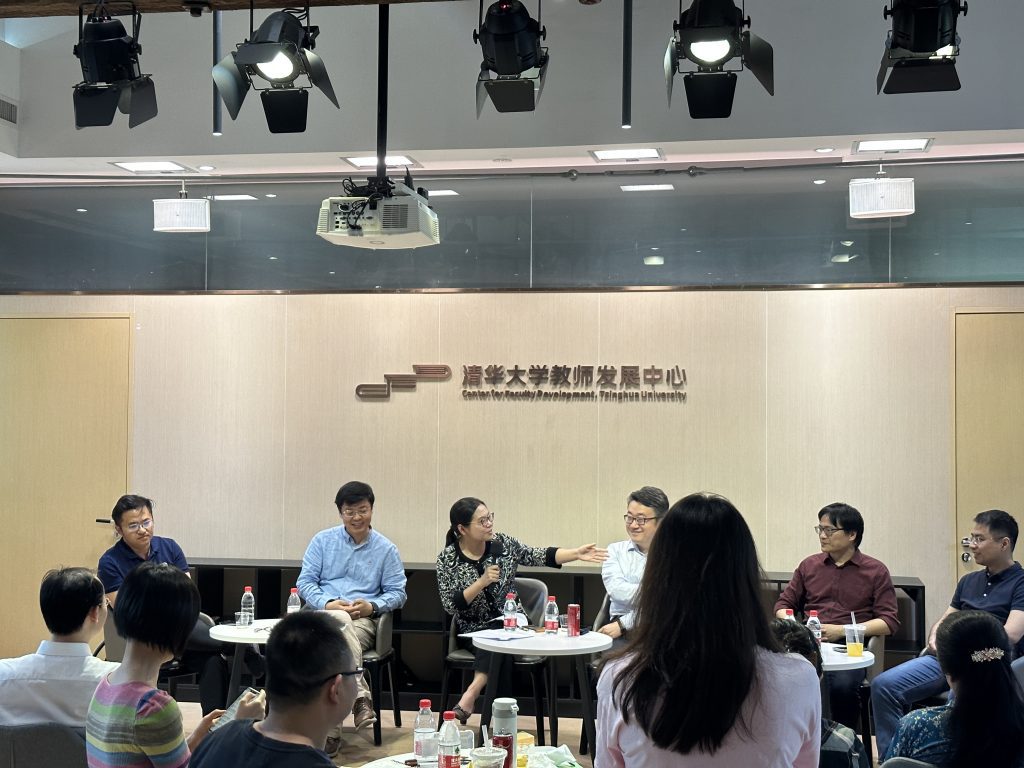
In summation, the discourse between the moderator and Wang Shuaiguo manifests that the impact of AI on education is not only transformative but also dialectical, presenting a complex interplay of significant opportunities and formidable challenges. As educators and learners, we find ourselves amidst an AI-driven renaissance, navigating the tumultuous yet thrilling waters of AI-empowered education. Drawing from Wang’s insightful analysis, it becomes evident that we must strive to leverage these technological advancements not just as mere tools, but as collaborative partners in our quest for better learning outcomes. This reflection and potential reformation of our current education system, inspired by AI, could chart the course of future education, ensuring a more inclusive, collaborative, and comprehensive learning environment.

